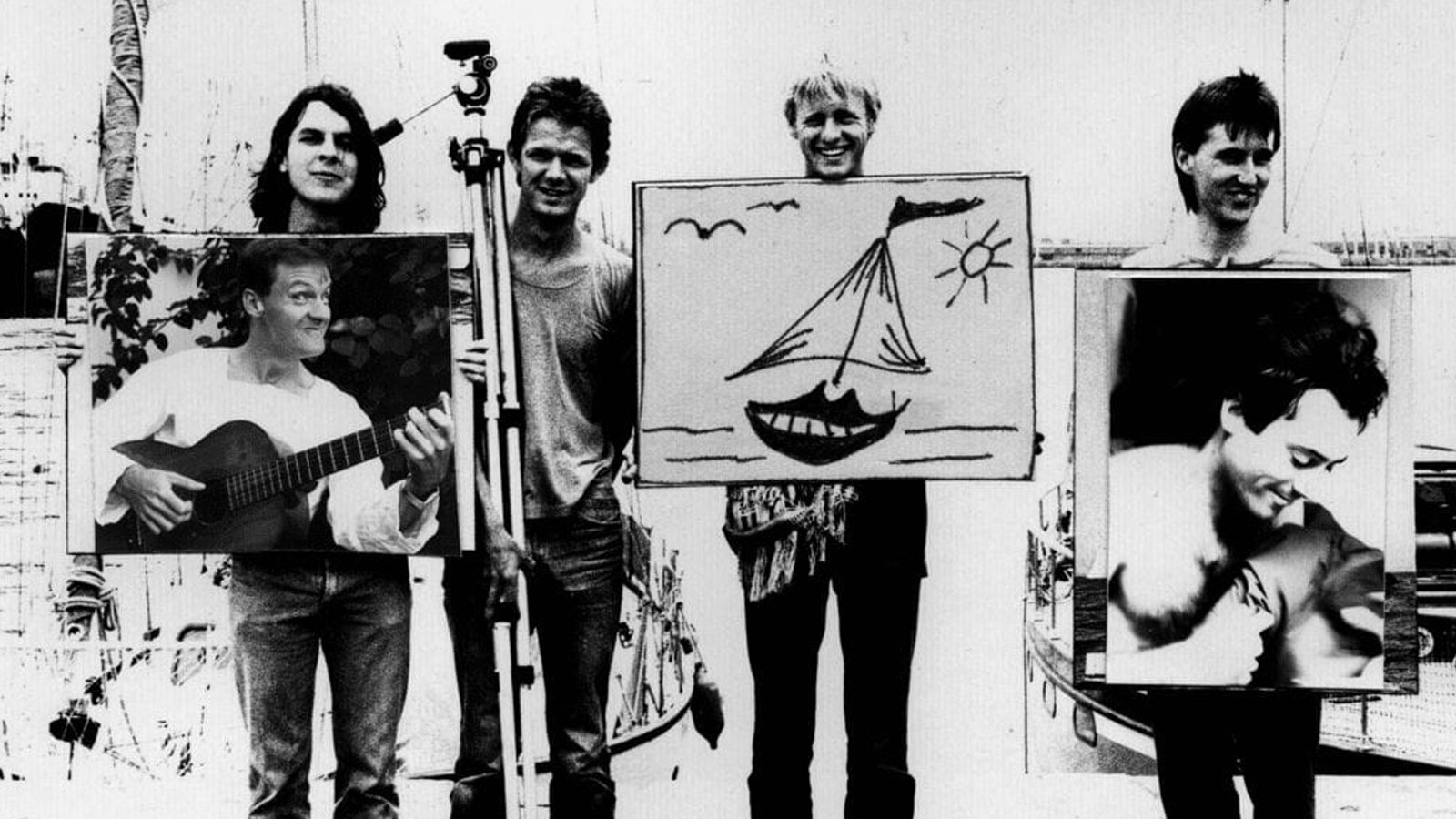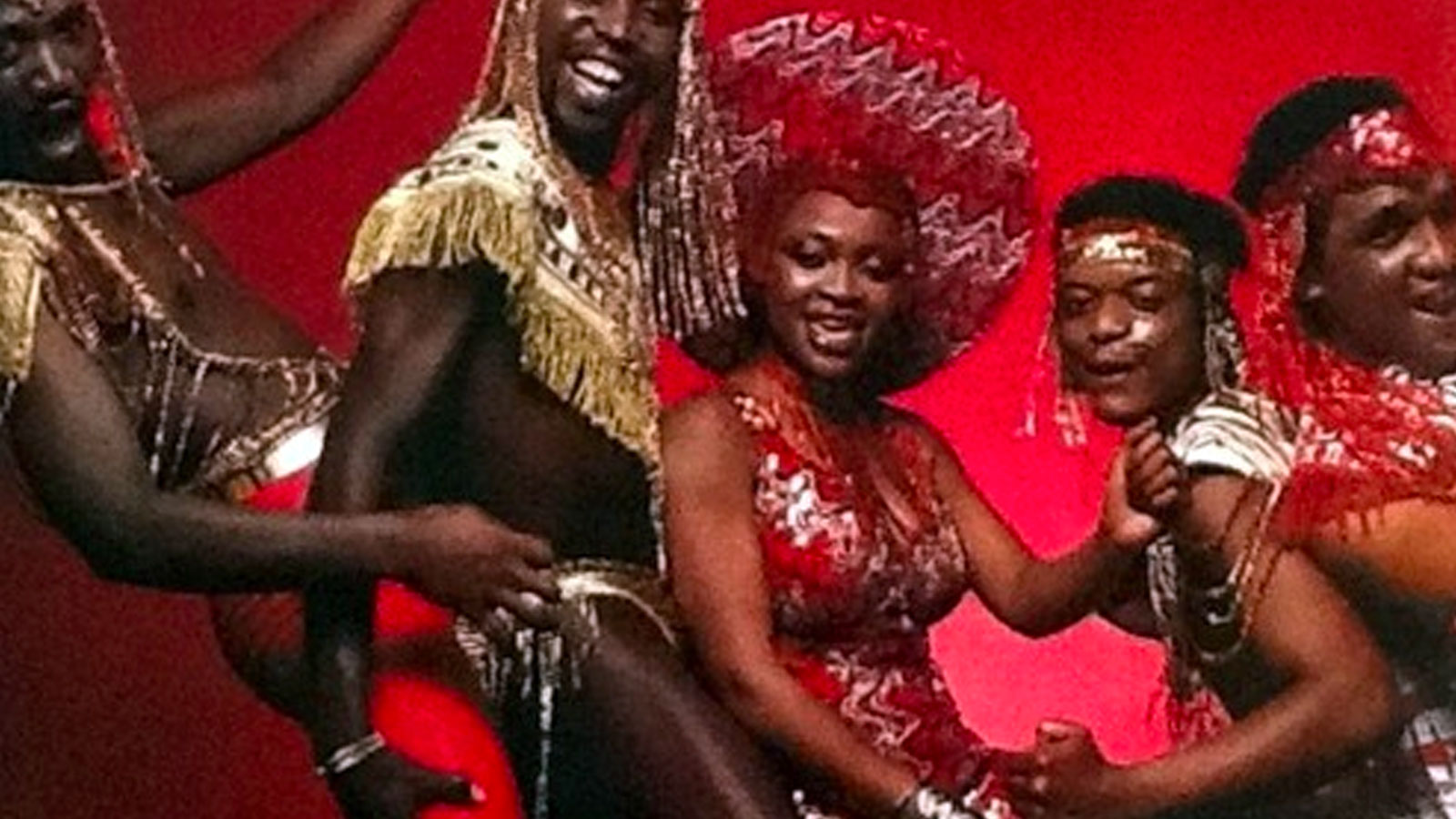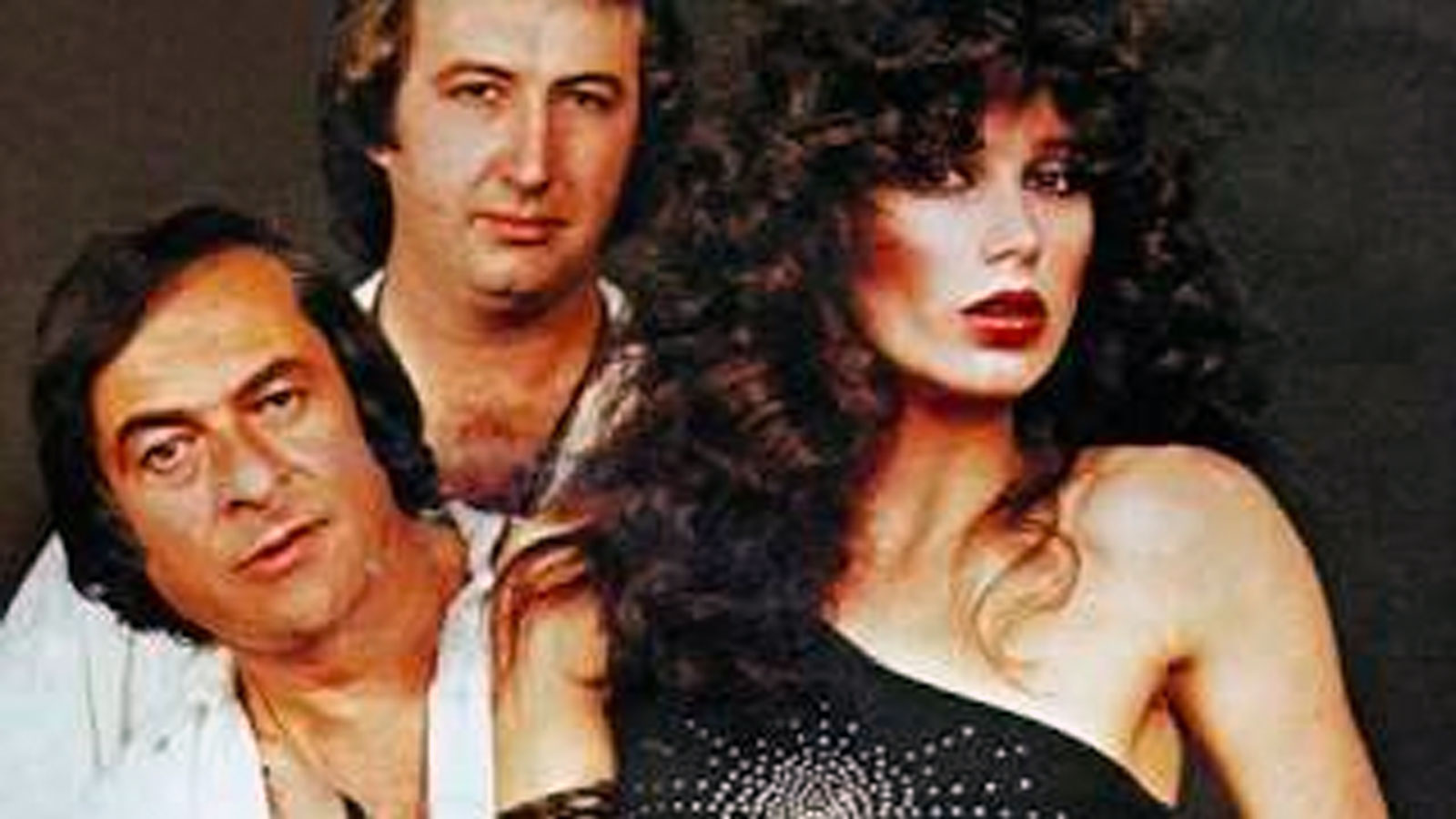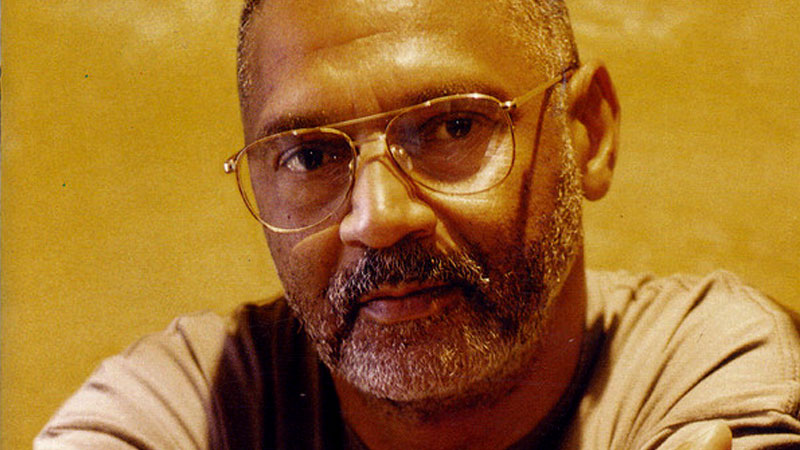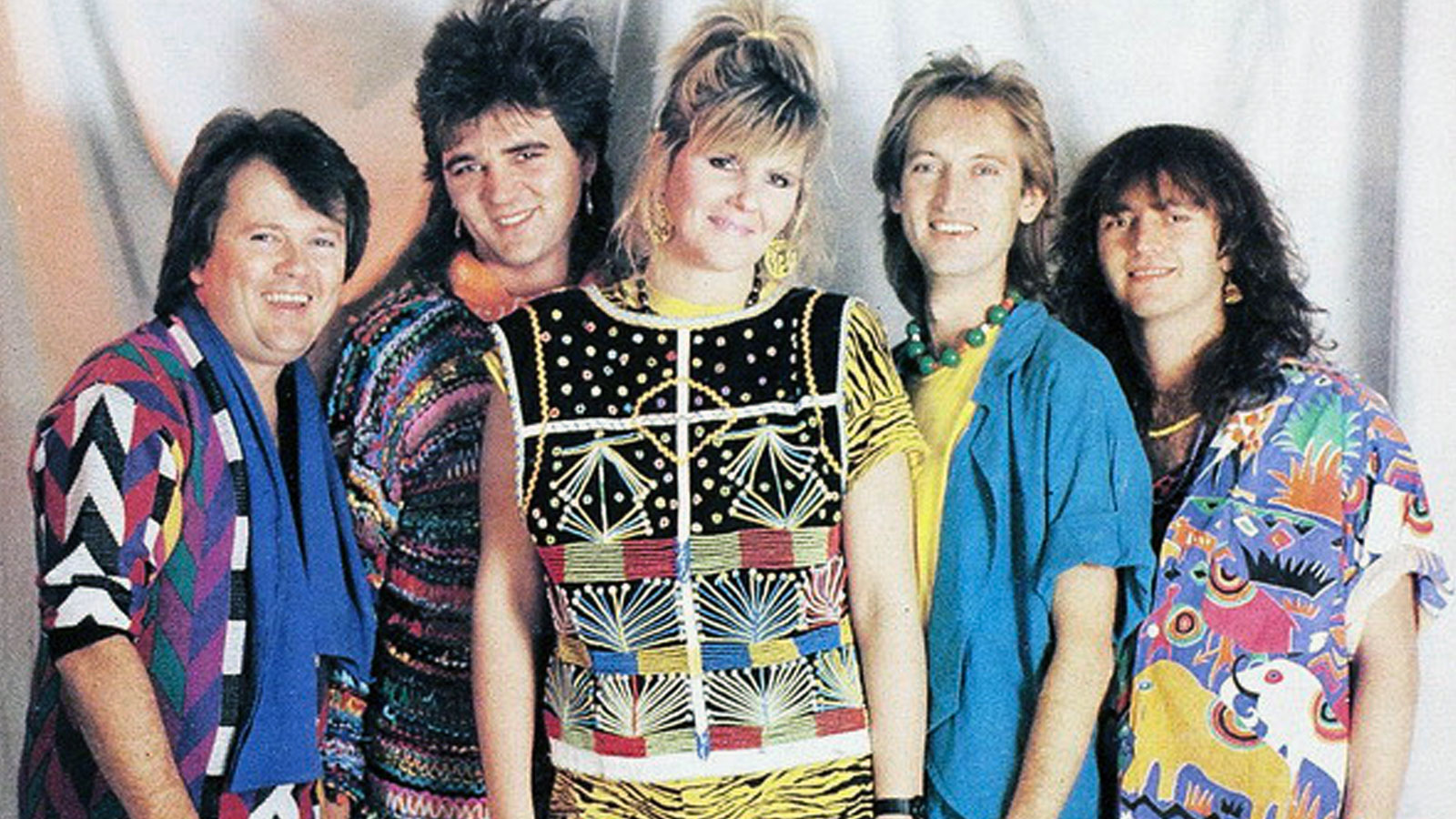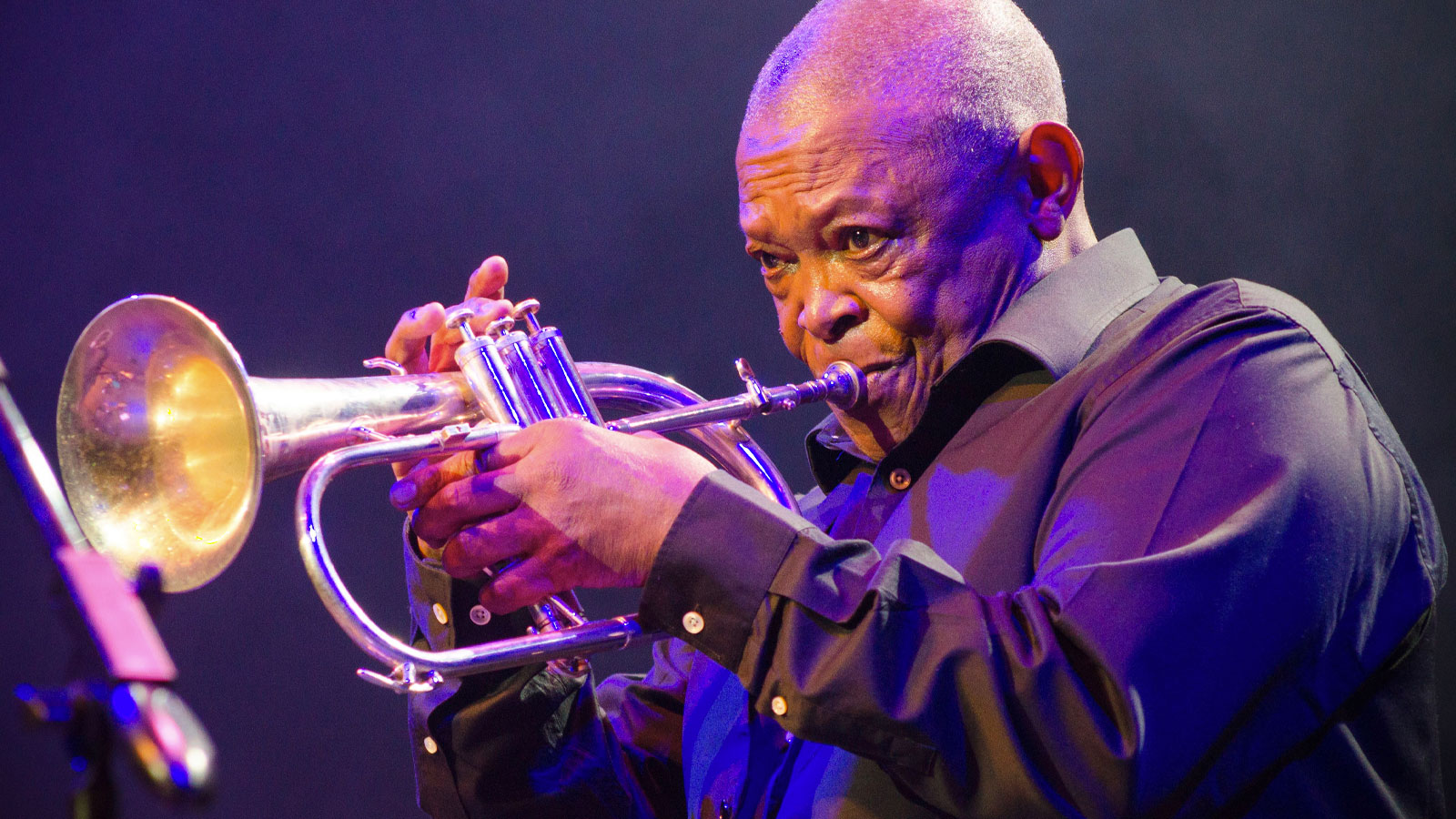Cape Town-based band who formed in 1980: Wayne Rath (drums, guitar, vocals), Phillip Nangle (agricultural implements, vocals, chants), Lloyd Ross (guitar, bass, voice, studio), Hamish Davidson (sax, voice, implements), Warrick Sony (bass, drums, voice, trombone) and Jono Partridge (pockets – which involved rhythmically shaking loose change in one of his trouser pockets).
They only ever did three live performances but did release the album Sound Future in 1984.
The Beaters formed in 1965 and became Harari in 1976, when they made a decision to create a mix of African and black American music, in part influenced by a shift towards a black consciousness philosophy. Harari became a very successful disco-funk fusion band.
They had a big hit with “Party” off the equally successful Heatwave album in 1980.
They released their final studio album Bad Boys in 1986. Their most successful line-up (late 70s until 1981) was: Sipho Mabuse on drums, Alec Khaoli on bass, Oupa Segwai and Branny Ledwaba on percussion, Thelma Segonah on keyboards, Masike Mohape on lead guitar, Eddie Manda on guitar.
Studio band formed in 1977 by Dan Hill and Kevin Kruger, involving various session musicians and singers, including singers Mercedes Kornfield, René Veldsman, John Weddepohl and Jytte Fältskog, guitarist Trevor Rabin, keyboardist Duncan Mackay and drummer Cedric Samson.
Their first album, House Of The Rising Sun (from whence their name is formed) was released in 1977, followed by Forbidden Fruit (1978), In-A-Gadda-Da Vida (EP, 1979) and Heads Or Tails (1980).
Cape Town-based jazz pianist and educator. Born in 1942. As a teenager he performed with the likes of Dollar Brand and Lami Zokufa. In 1961 he went into exile, initially in the United Kingdom, and after a year there he moved to the United States. Between 1967 and 1986 he recorded and performed with many musicians, including Herb Alpert, Hugh Masekela, Elvin Jones, Archie Shepp, Letta Mbulu, John Handy, and the Byrds.
He joined the Jackie McLean Quintet in the late 1980s and played on two of their albums releases: Dynasty (1990) and Rites of Passage (1991). He released his first solo album, Heading Home, in 1990 before returning to South Africa in 1991. He released a second album, Malay Tone Poem, in 2002.
As an educator he taught at the University of Hartford between 1985 and 1991, music outreach programmes in Cape Town in the 1990s and at the East London campus of the University of Fort Hare in the 2000s.
He died in 2010.
Formed in 1980 as a rock band and released their debut album Burnout in 1981.
Original line-up was PJ Powers (vocals), Alistair Coakley (guitar), George van Dyk (bass and vocals), Geoff Sedgwick (keyboards, vocals), Pat van Rensburg (drums). In 1982 Larry Rose replaced van Rensburg on drums and Bones Brettell replaced Sedgwick on keyboards.
They became extremely popular amongst black South Africans when the band crossed-over to a township-pop/rock sound with albums like Music for Africa (1983), Jabulani (1984) and Wozani (1985).
The band even managed to play in Europe and the United States but the Cultural boycott prevented them from releasing music there. There were a couple more line-up changes in 1987 but then the band broke up in 1987.
Songwriter, singer and trumpeter who appeared on the Johannesburg jazz scene in the 1950s. He notably joined the Jazz Epistles in their short lived career in 1959-1960 (along with Abdullah Ibrahim, Kippie Moeketsi, Makhaya Ntshoko and Johnny Gertze).
After the Sharpeville massacre of March 1960 he left the country to study music in London and then New York.
His solo career took off with the release of Trumpet Africaine in 1962. In 1968 his single “Grazing in the Grass” went to number one on the Billboard charts.
He released albums and singles regularly throughout his life until his death in 2018. He wrote and performed songs which came part of the South African political and musical fabric, the most notable being “Stimela” (1985) and “Bring Him Back Home” (1987).
Photograph of Hugh Masekela courtesy of Harold Gess Photography.
All Rights Reserved.


